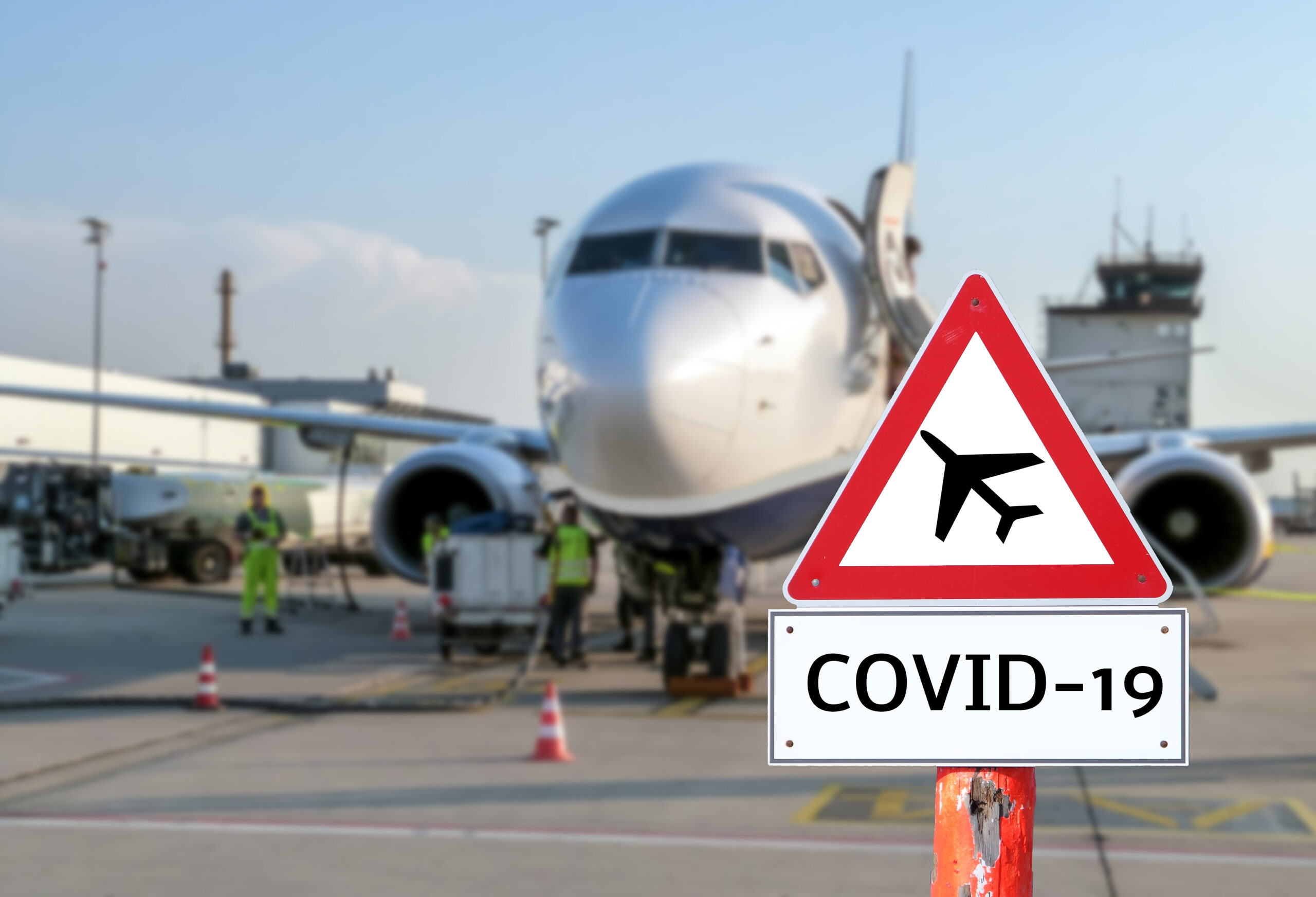If cheap airfares and months at home are tempting you to book a quick getaway, there are a few things you should know about airports and planes during what may soon be seen as the second coronavirus wave.
The United States recently lifted its global advisory against international travel and beginning September 7, ceased enhanced screening of travelers on international flights from Europe, China, and other regions. While restrictions on travel may be lifting, people at increased risk for severe illness are encouraged to postpone all travel to high-risk destinations.
Travel increases the chances of getting and spreading COVID-19, according to the Centers for Disease Control and Prevention. In addition, travelers should be prepared for border closings, quarantines, and travel restrictions with little warning due to coronavirus exposure or increased numbers of cases. The CDC advises that cruise ship travel worldwide should be deferred until the risk is significantly lessened.
Despite the best efforts of airlines to space out travelers aboard aircraft, moving through airports requires close contact with others and frequently touched surfaces. Wearing a mask over the nose and mouth in public is always advised but people with breathing problems may find this difficult to adhere to on long flights.
Although Europe and China have been gradually increasing domestic capacity to encourage air travel, American and especially Canadian travelers are less likely to return to air travel while COVID-19 still poses a risk. According to a recent Research Co. poll, older adults are most opposed to travel until a safe vaccine is ready. Fewer than a third of Canadians said they would take an airplane flight within their own province or to another province. Slightly more Americans would travel domestically by air before a vaccine for COVID-19 is available.
If you decide to fly despite the known risk of exposure in confined spaces and busy airports, choosing an airline that keeps the middle seat open and requires all passengers and employees to wear face masks is a safer choice. Check online to see what other safety measures are in place. Many airlines have also updated their policies during the pandemic to allow people to cancel without penalty should they feel unwell or change their mind. Once reaching their destination, travelers are safer renting their own car rather than relying on taxis or rideshare apps that may increase exposure.
Learn more about staying safe if you decide to travel during the pandemic by following this link to a recent Mayo Clinic Patient Care and Health post.






Add Your Voice
0 Comments
Join the Discussion